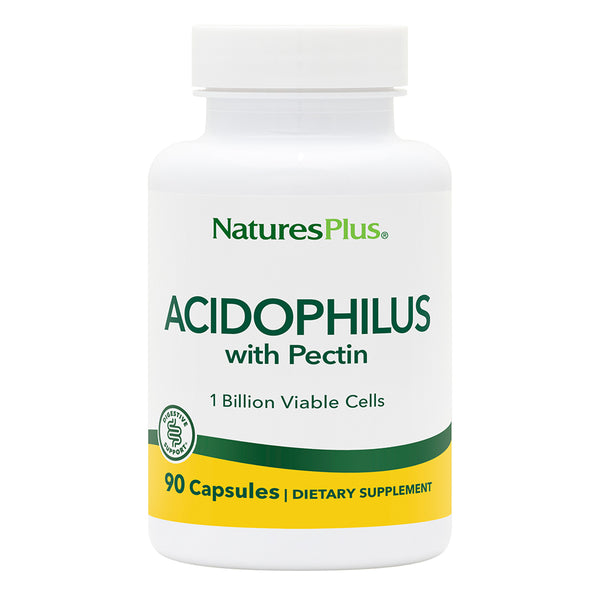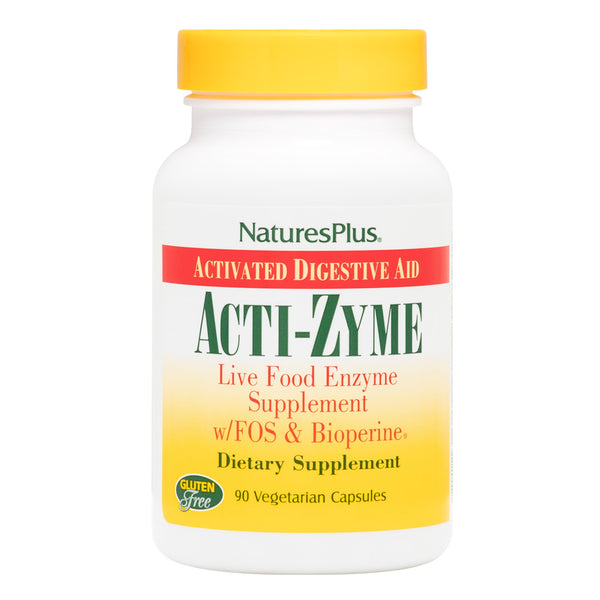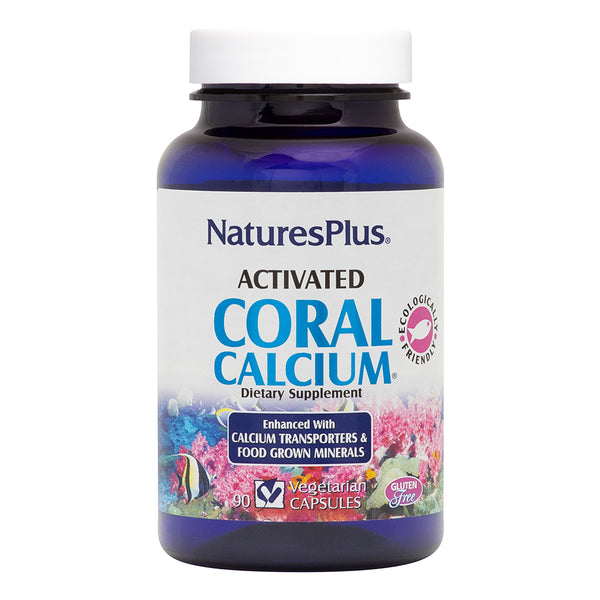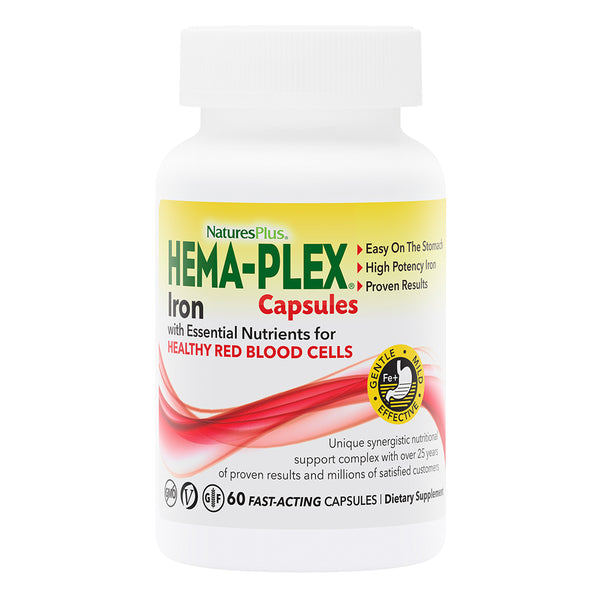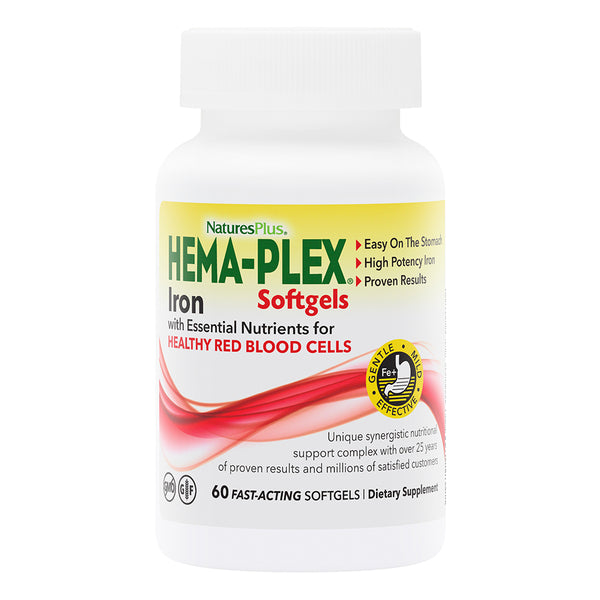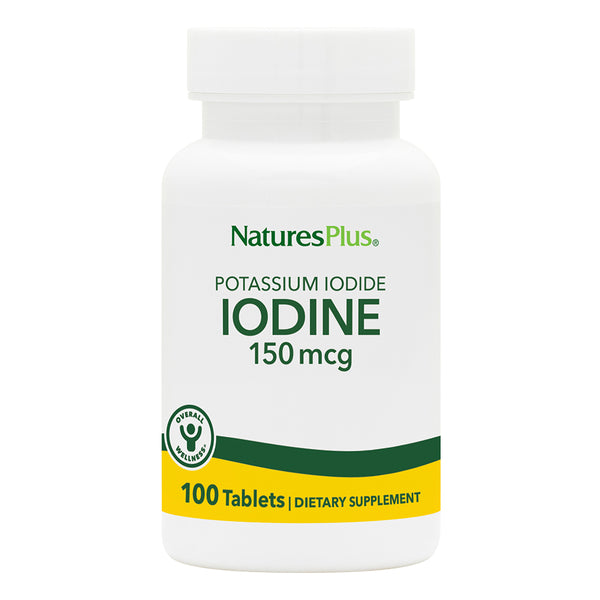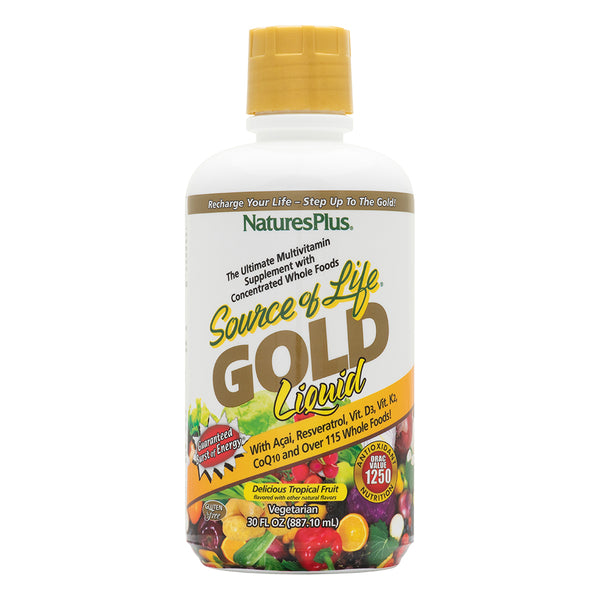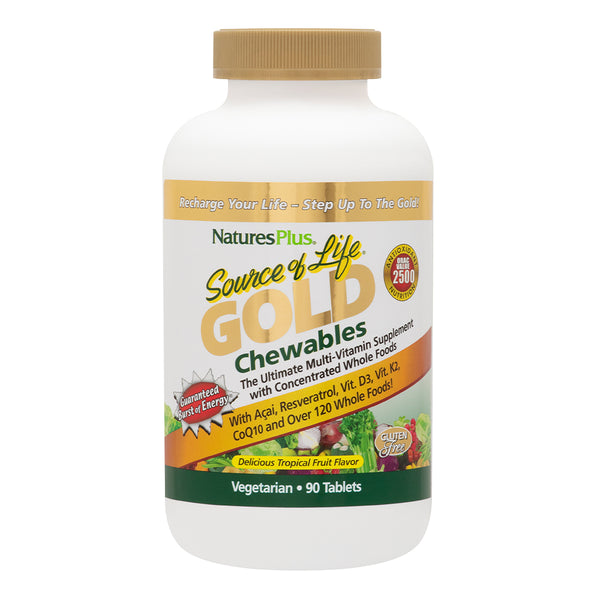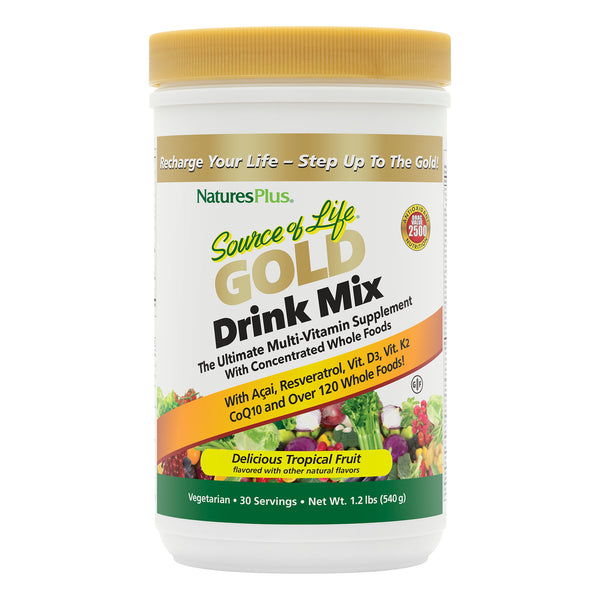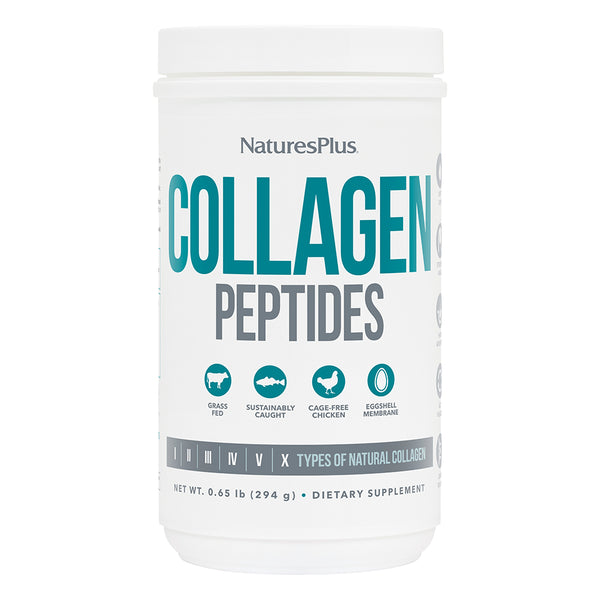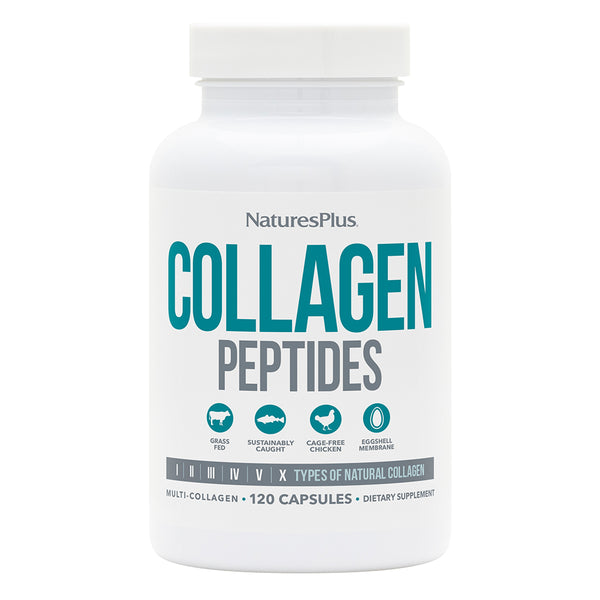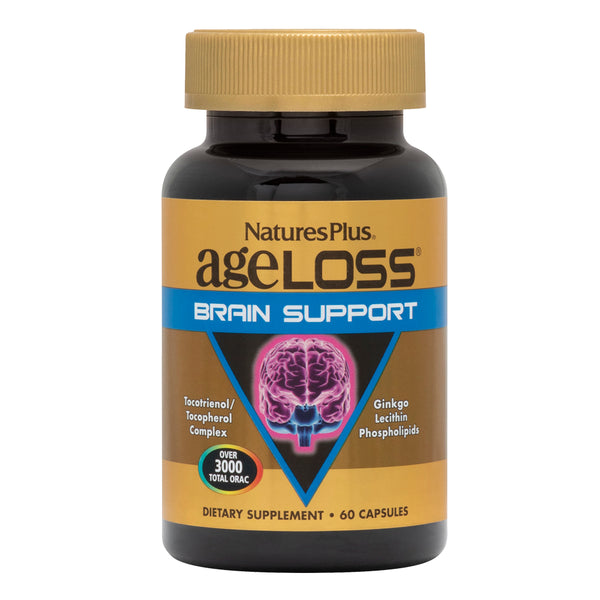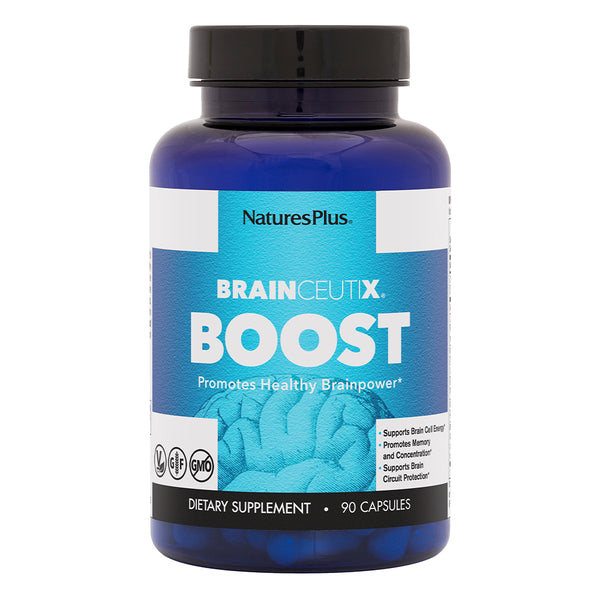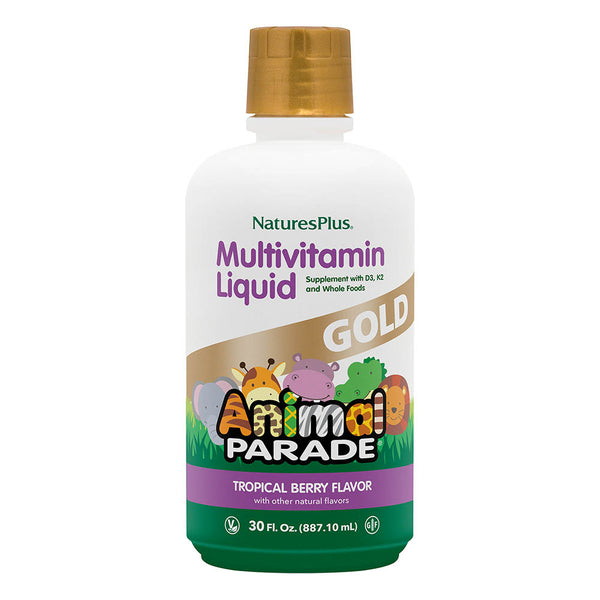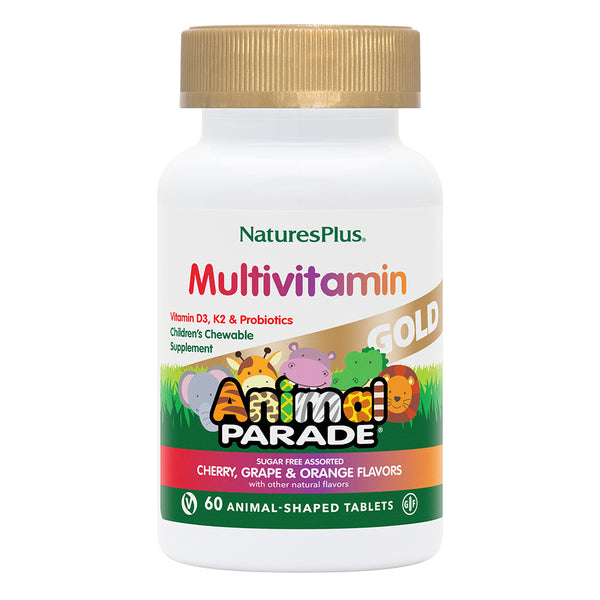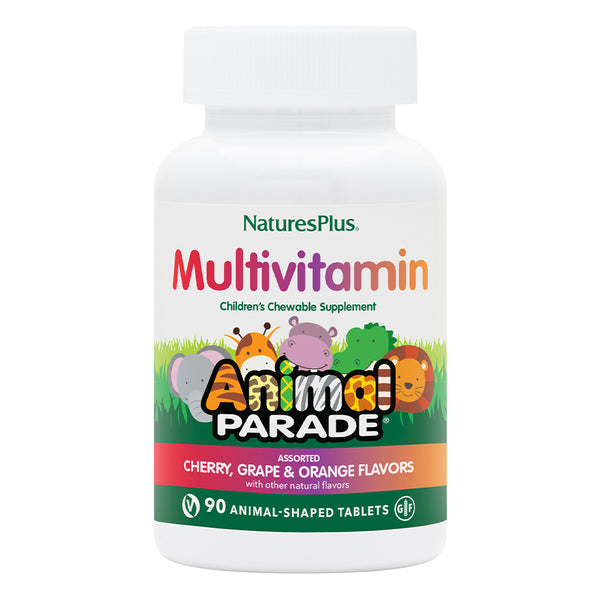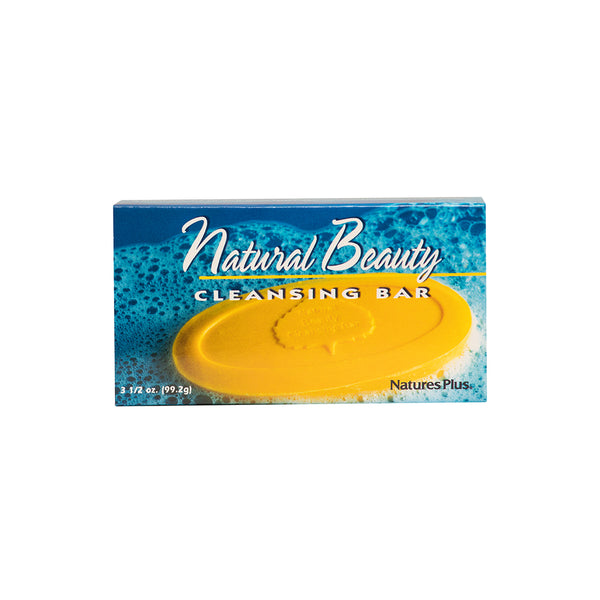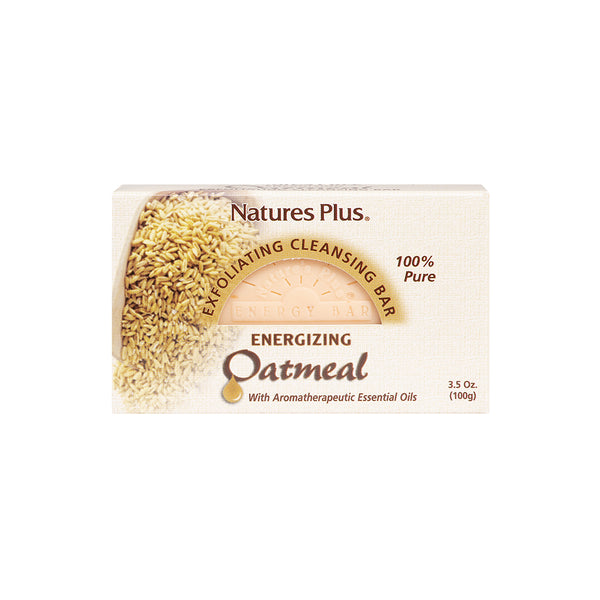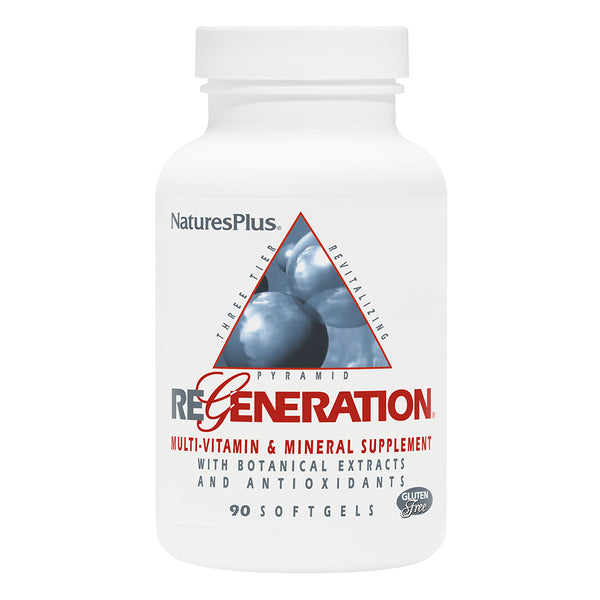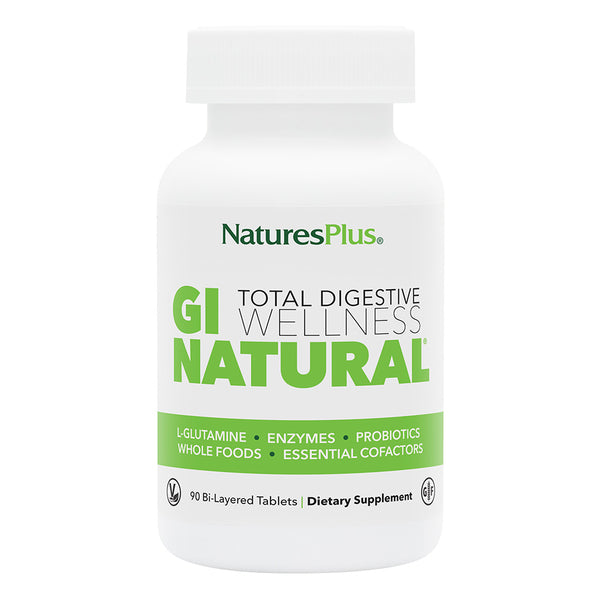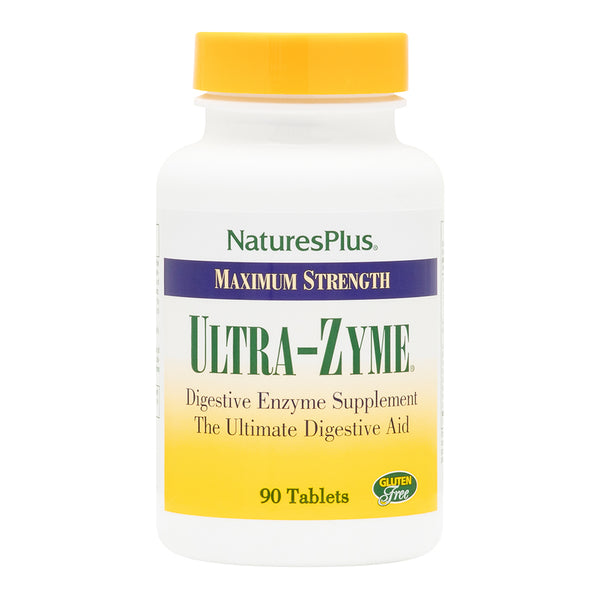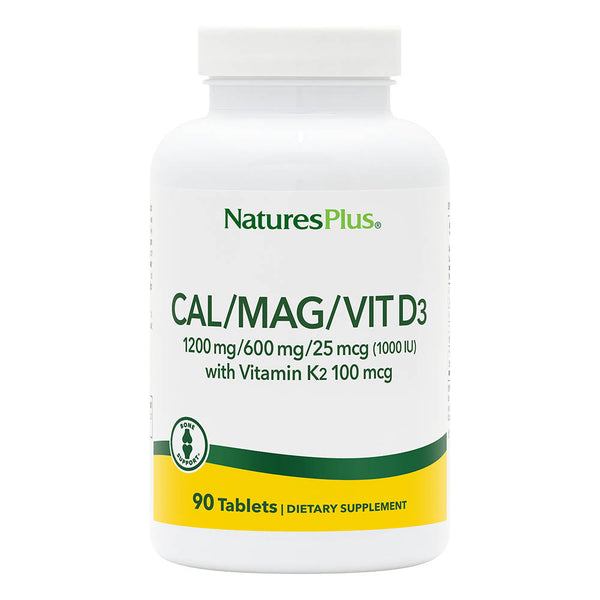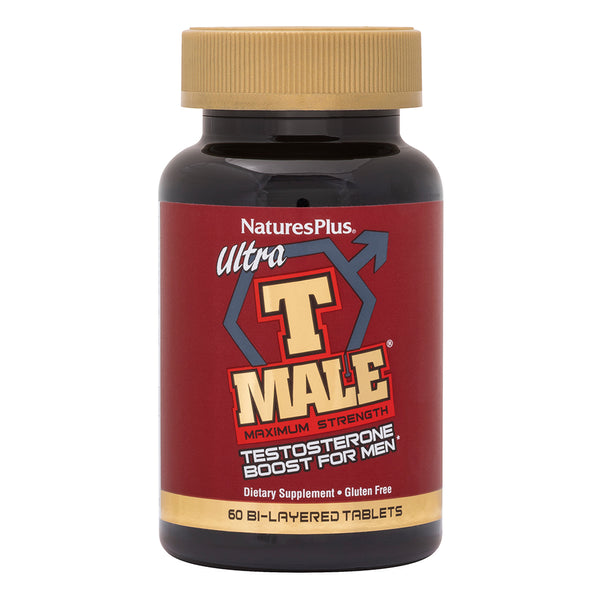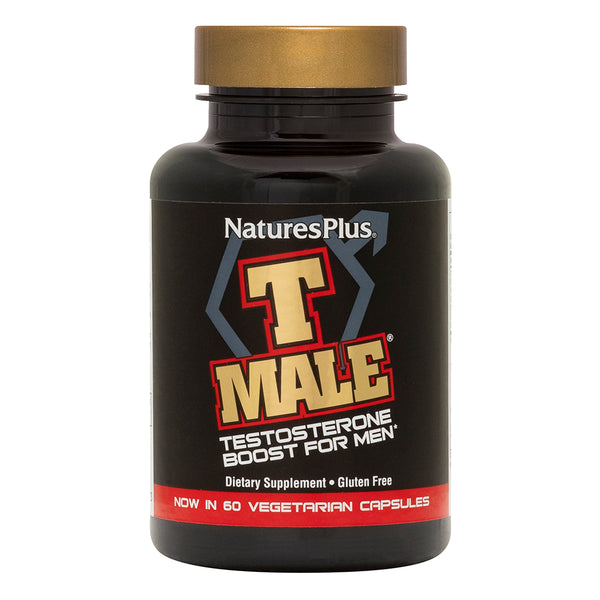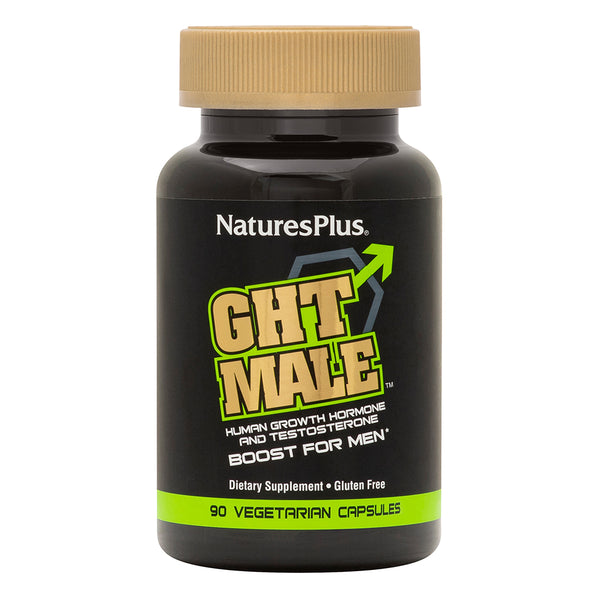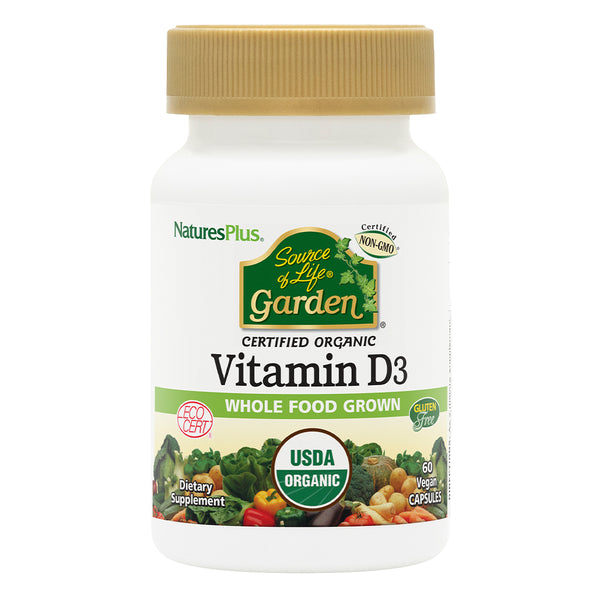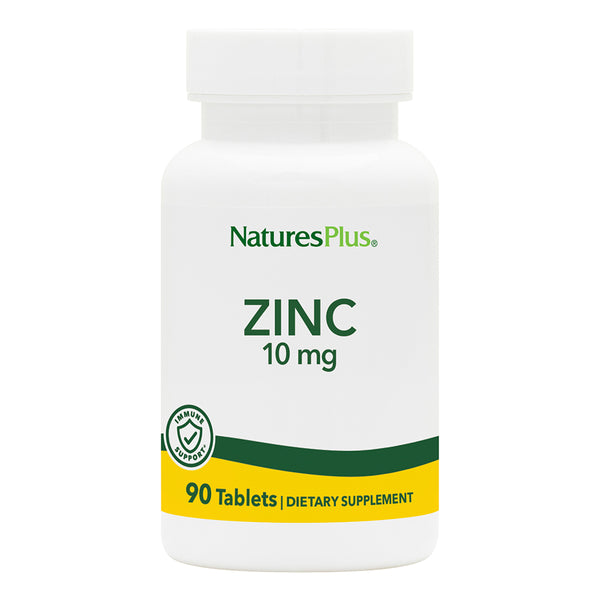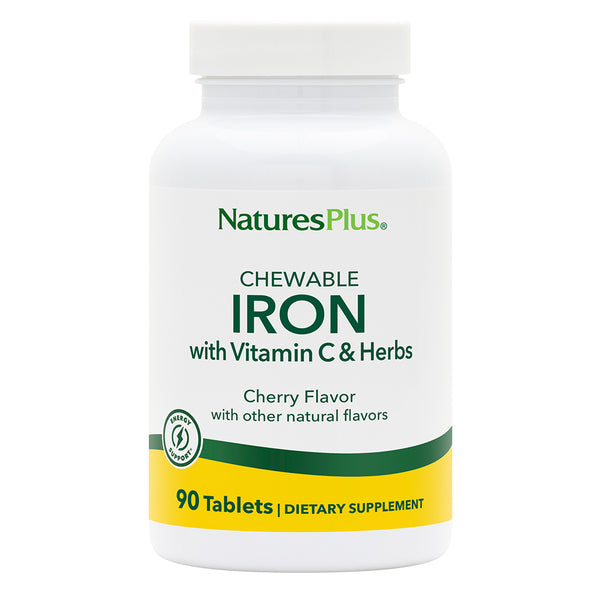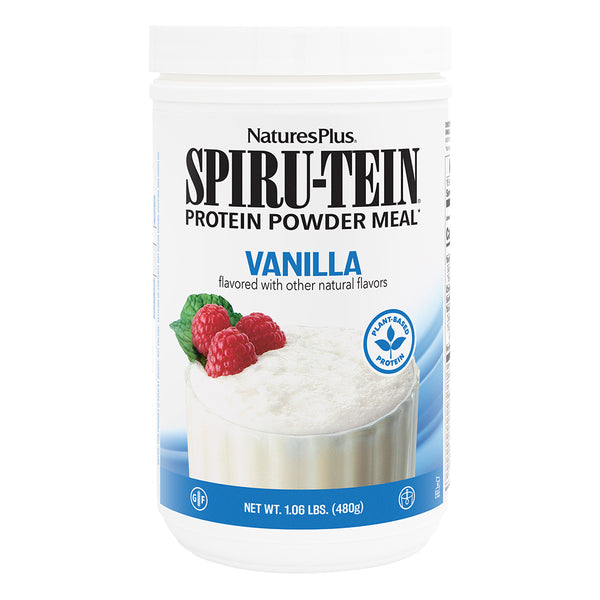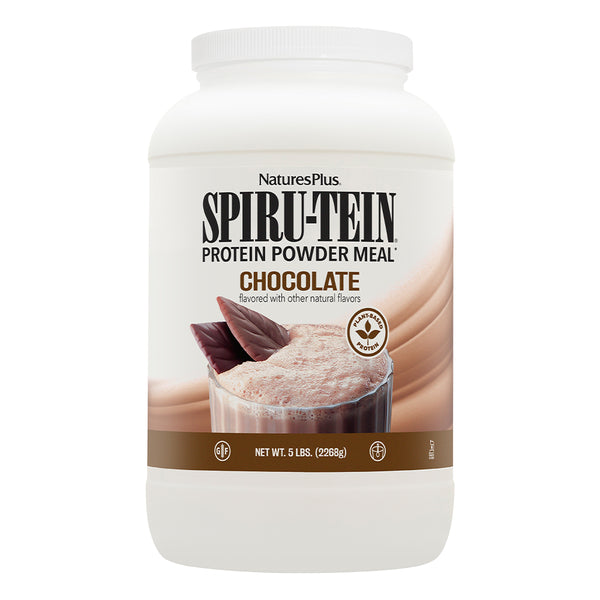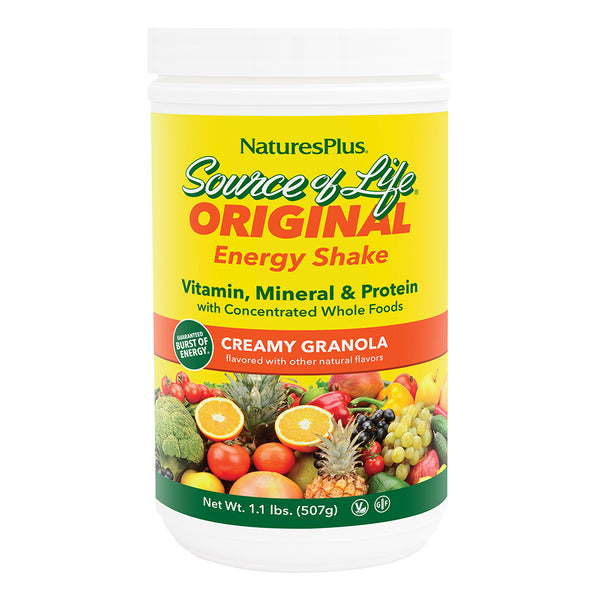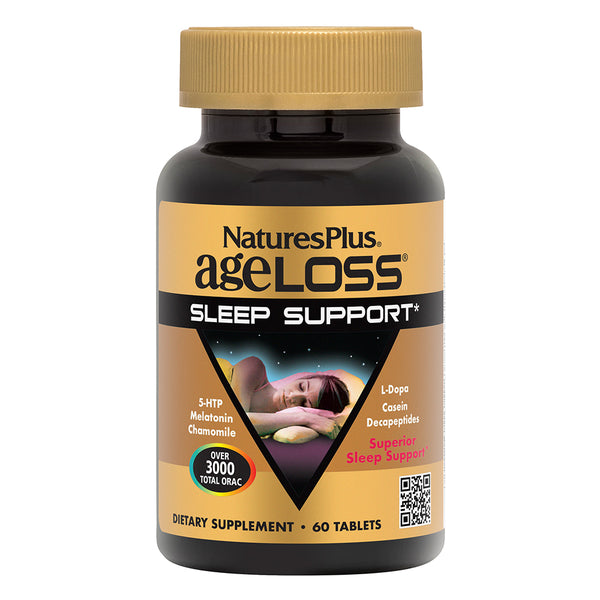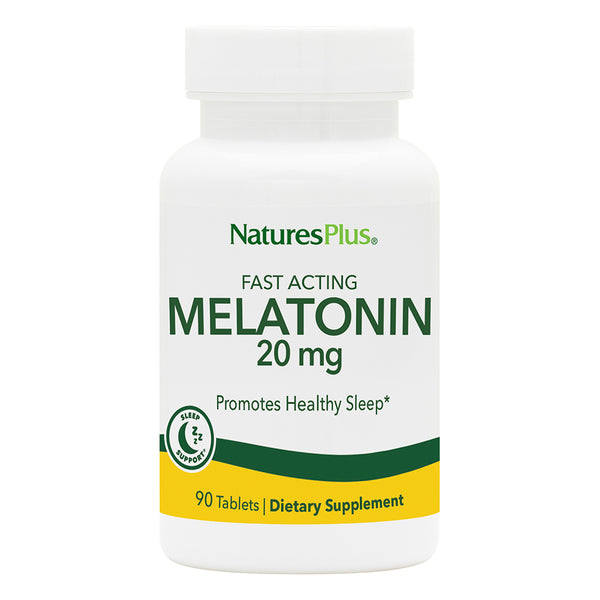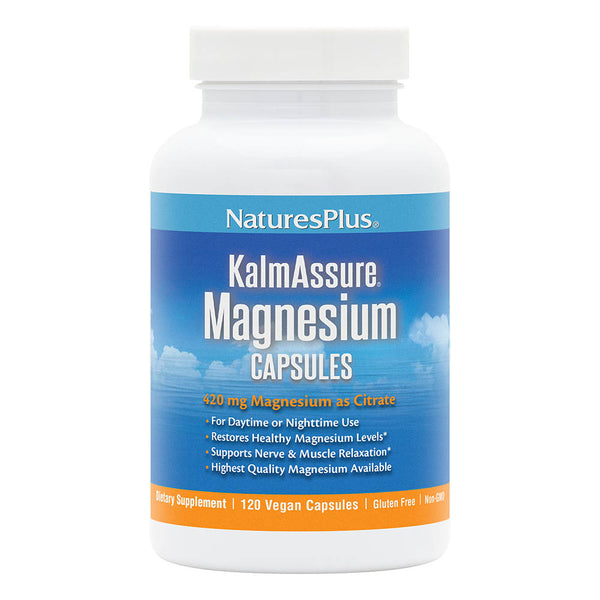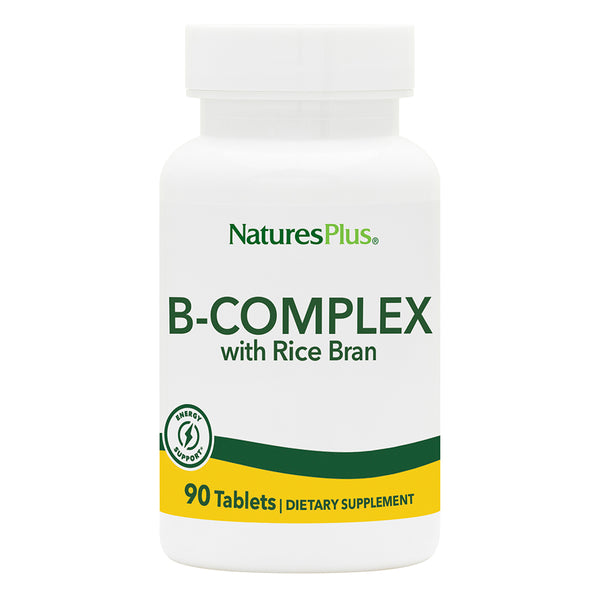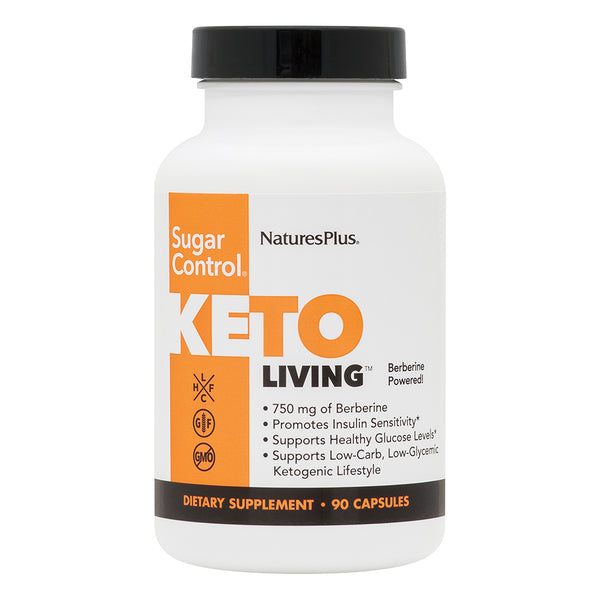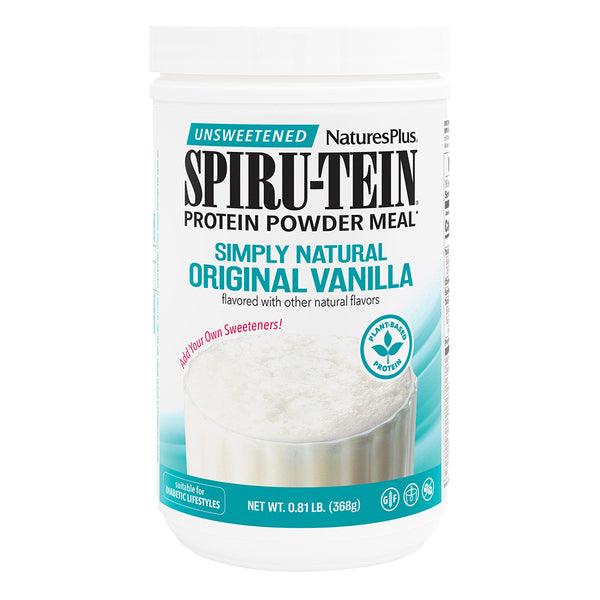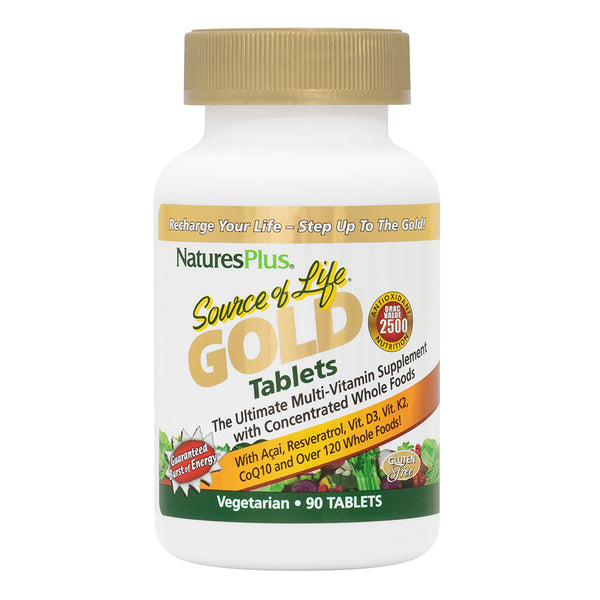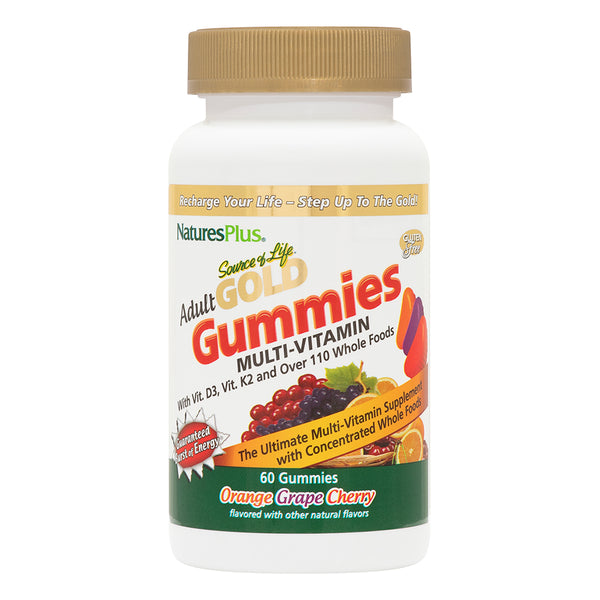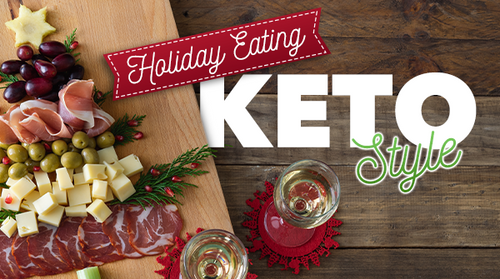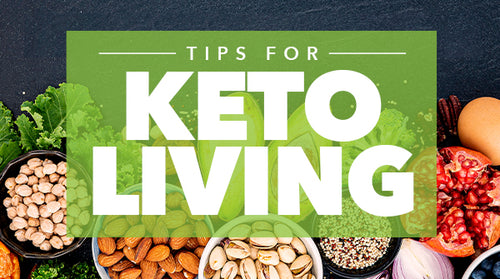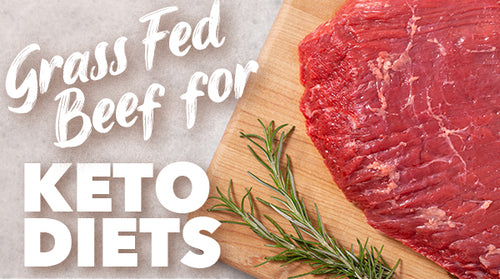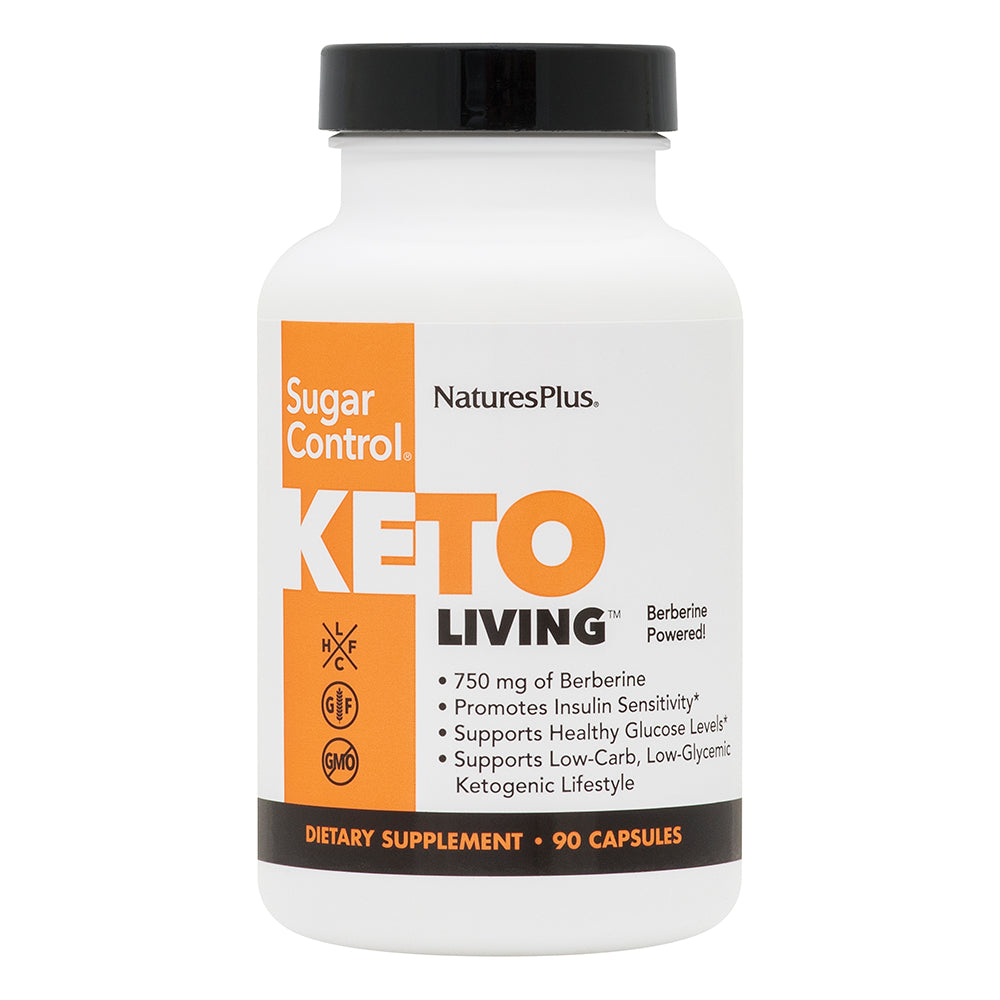The basic principle behind the keto diet is that carbohydrates—basically, anything sweet or starchy—are to be avoided at all costs in favor of healthy fats (think avocados and eggs) and clean sources of protein (think seafood and grass-fed beef). Cutting carb intake to a bare minimum is the only way to switch bodily energy production from glucose to the fat-based ketones that give the keto diet its name.
Now if only pie, candy and cookies weren’t so...tempting. It’s not uncommon for people who start eating the keto way to experience strong carbohydrate cravings.
For decades, scientists believed that eating too much fatty food promoted body fat formation. However, we now know that the main culprit is excessive carbohydrate consumption, especially eating simple carbs such as sugar and white flour.
In the body, carbs break down into glucose (blood sugar), which enters the bloodstream. The body then releases insulin, which guides the glucose either into cells to be burned for energy or into storage as fat. Since there’s a limit on how much glucose your body can burn at any one time, it’s easy to see why eating too much carbohydrate can overload your fat cells.
What’s worse, eventually the body stops responding to insulin the way it should, which causes insulin levels to rise. This condition, called insulin resistance, can lead to diabetes and other chronic disorders. In the meantime, glucose levels will continue to spike after each meal and then crash; this can lead you to crave sweets and other carb-laden foods.
Adopting the keto diet can eventually help you get off the glucose rollercoaster.†The information provided is not an endorsement of any product, and is intended for educational purposes only. NaturesPlus does not provide medical advice and does not offer diagnosis of any conditions. Current research on this topic is not conclusive and further research may be needed in order to prove the benefits described. The conditions and symptoms described may be indicative of serious health problems, and therefore should be brought to the attention of a qualified healthcare practitioner.
†The information provided is not an endorsement of any product, and is intended for educational purposes only. NaturesPlus does not provide medical advice and does not offer diagnosis of any conditions. Current research on this topic is not conclusive and further research may be needed in order to prove the benefits described. The conditions and symptoms described may be indicative of serious health problems, and therefore should be brought to the attention of a qualified healthcare practitioner.The information provided is not an endorsement of any product, and is intended for educational purposes only. NaturesPlus does not provide medical advice and does not offer diagnosis of any conditions. Current research on this topic is not conclusive and further research may be needed in order to prove the benefits described.
The conditions and symptoms described may be indicative of serious health problems, and therefore should be brought to the attention of a qualified healthcare practitioner.
Like this article? You’ll love our weekly newsletter
sign up here!
**These statements have not been evaluated by the Food and Drug Administration. This product is not intended to diagnose, treat, cure or prevent any disease.
